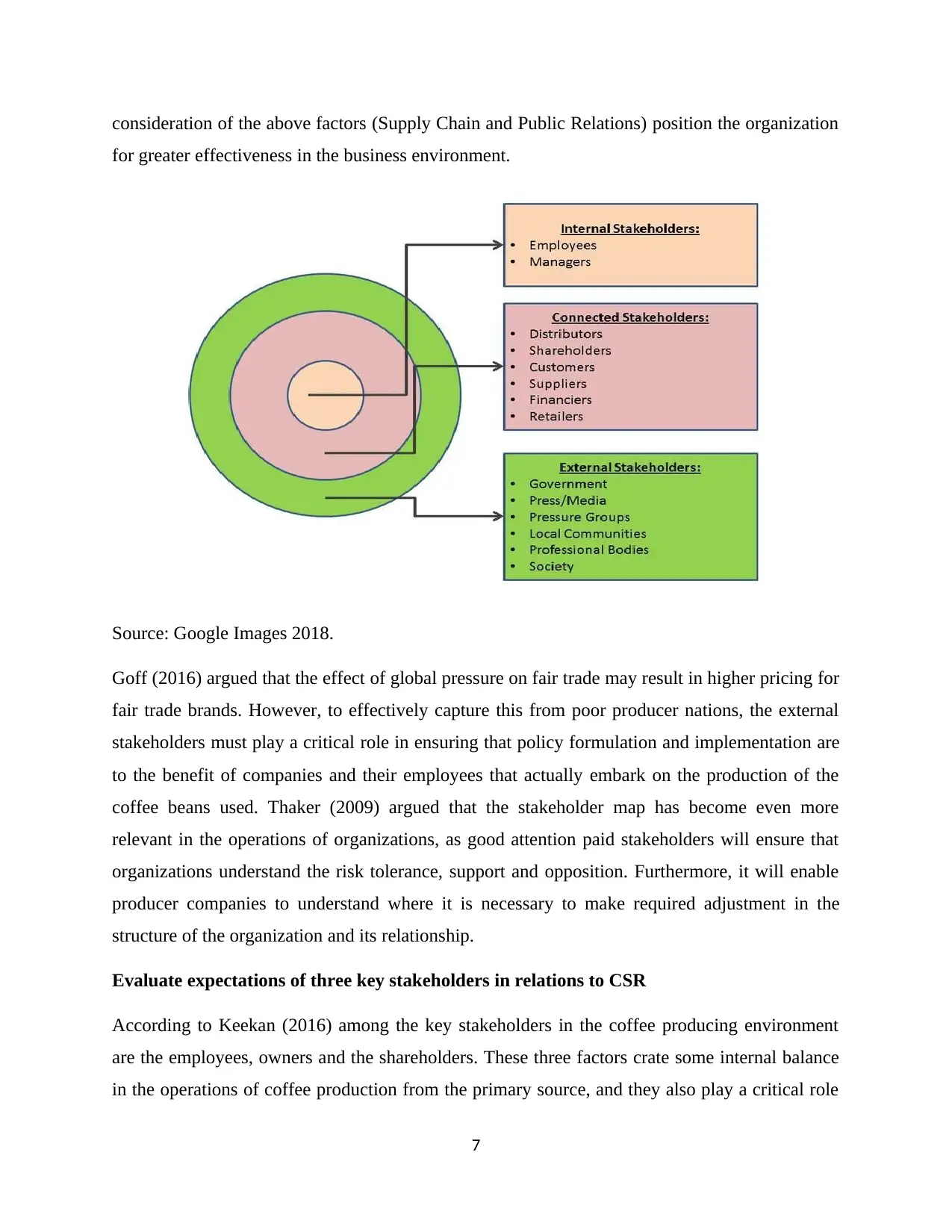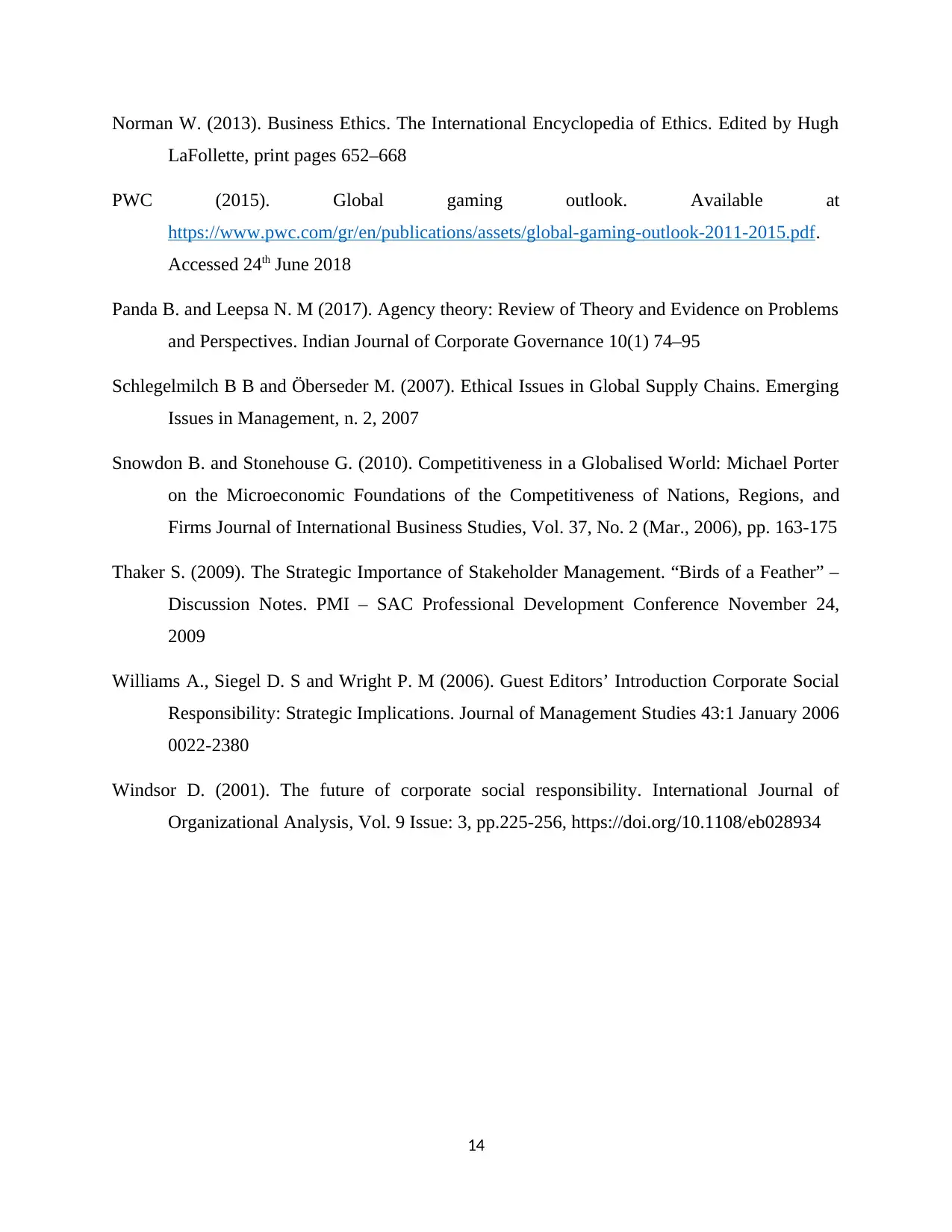All Case Studies on Ethical theories, CSR Theories, Fair Trade, Future Trends in Corporate Social Responsibility
VerifiedAI Summary
This Document gives you the detailed info of 4 Case Studies.
Case Study 1:
Discusses ethical theories and commissioning of student essays
Highlights the difficulty of applying ethics in business
Case Study 2:
Discusses online gambling and corporate social responsibility (CSR) theories
CSR debates on gaming organizations are seen as unstable
Carroll's model of CSR identifies different levels of operations
Case Study 3:
Discusses fair trade and stakeholder issues
Fair trade aims to mitigate exploitation of producer nations
Engages stakeholders and highlights the coffee global industry as an example
Case Study 4:
Discusses future trends in CSR and personal career impact
Evolution of organizational and management theories
CSR aligns with organizational strategies to redistribute wellbeing among stakeholders and sustain organizations.
![[object Object]](/_next/static/media/star-bottom.7253800d.svg)
![[object Object]](/_next/static/media/star-bottom.7253800d.svg)













